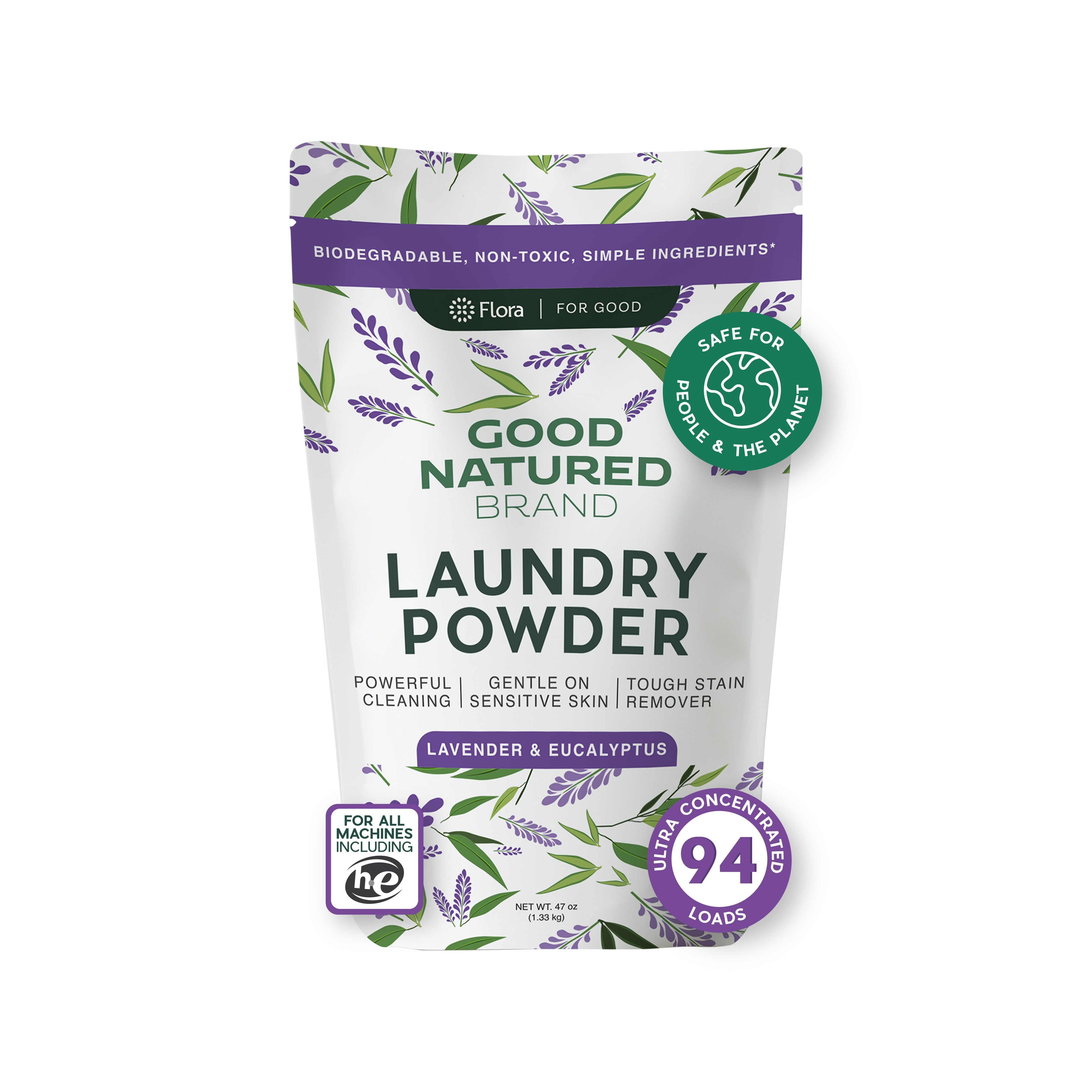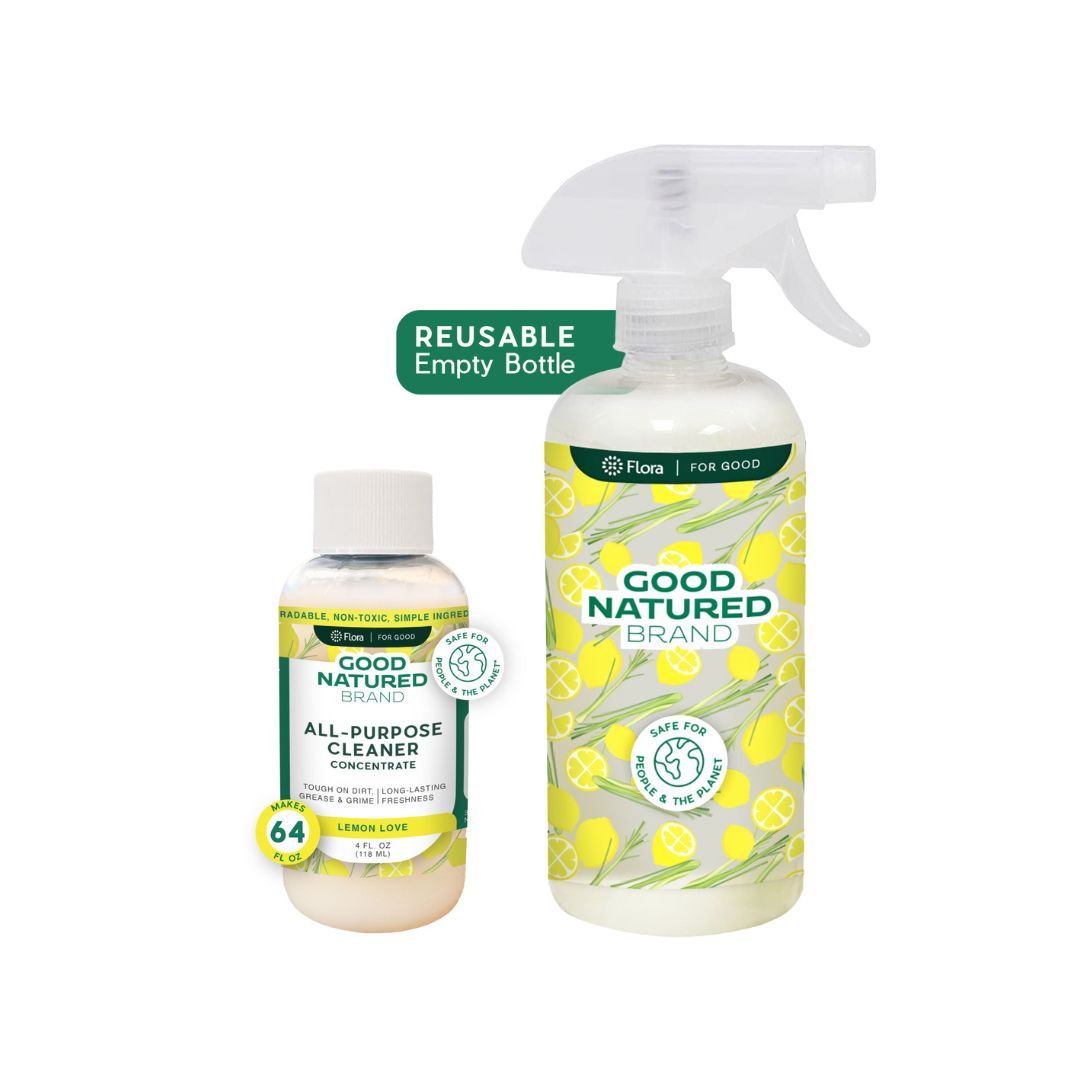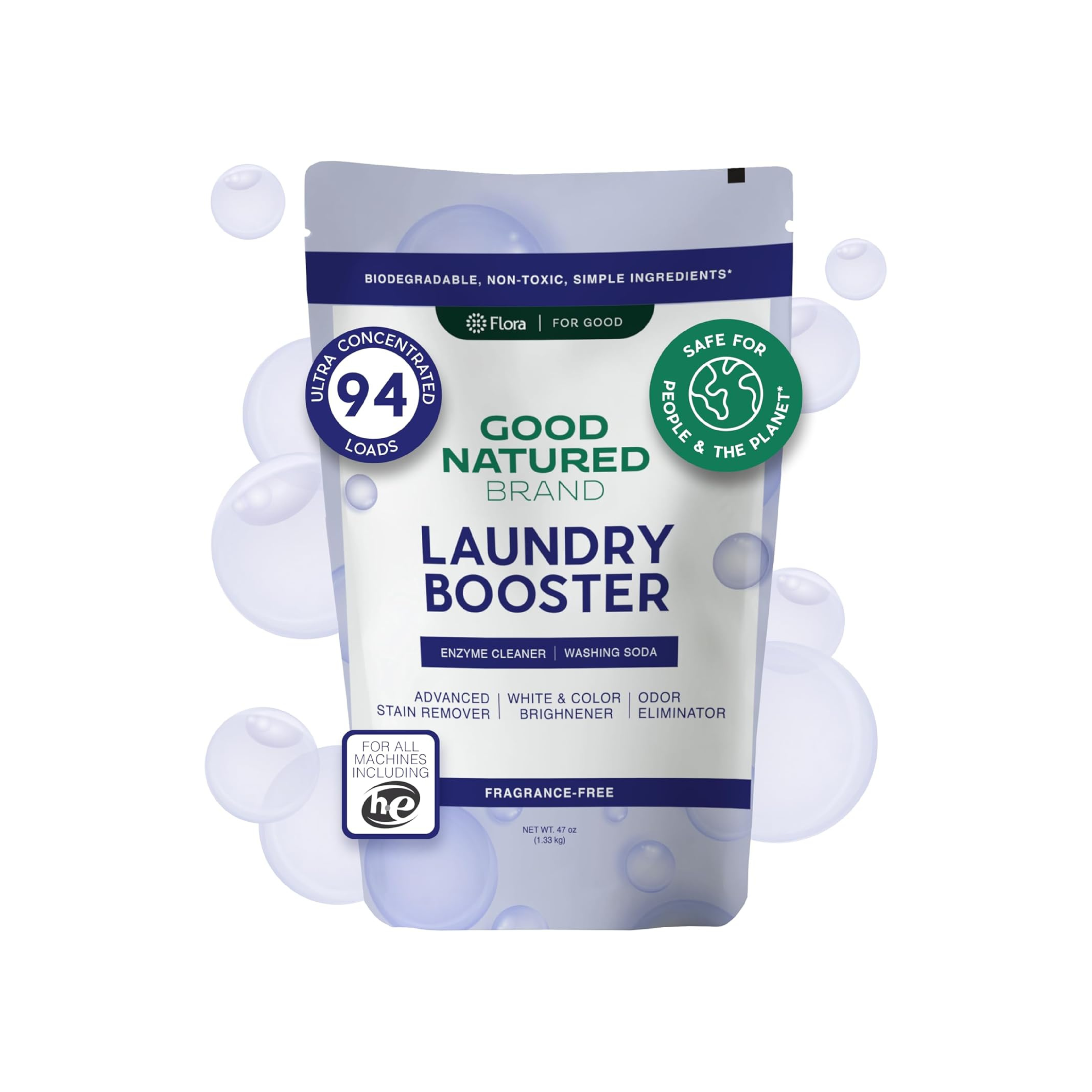In today’s fast-paced world, maintaining cleanliness is paramount, especially in our homes. With a multitude of cleaning products available, it can be confusing to understand which products are best suited for specific tasks. Among the most common household items are hand soap and dish soap. While they both serve the purpose of cleaning, they are formulated differently and designed for distinct uses. In this guide, we will explore the differences between hand soap and dish soap, their ingredients, and when to use each one.
Understanding Hand Soap
Hand soap is specifically formulated for washing hands. It is designed to effectively remove dirt, germs, and bacteria while being gentle on the skin. Hand soaps come in various forms, including liquid, foam, and bar soap, and are often enriched with moisturizing agents to prevent skin dryness.
Key Ingredients in Hand Soap
Hand soaps typically contain a combination of surfactants, moisturizers, and other ingredients:
-
Surfactants: These are the primary cleaning agents that help to break down and remove dirt and grease from hands.
-
Moisturizers: Ingredients like glycerin or aloe vera are often included to keep hands hydrated and prevent irritation.
-
Fragrances: Many hand soaps come with added fragrances to provide a pleasant scent, although fragrance-free options are also available for those with sensitivities.
Understanding Dish Soap
Dish soap, on the other hand, is formulated for cleaning dishes, utensils, and cookware. It is designed to tackle tough grease and food residues, making it more potent than hand soap in terms of its cleaning power.
Key Ingredients in Dish Soap
Dish soaps usually contain stronger surfactants and specific ingredients aimed at breaking down food particles and grease:
-
Surfactants: Dish soaps often contain more aggressive surfactants compared to hand soaps, allowing them to effectively cut through tough grease.
-
Grease-Fighting Agents: Some dish soaps include special formulations to enhance their ability to dissolve fat and oil.
-
Fragrances and Dyes: Similar to hand soaps, dish soaps may have added fragrances and dyes, but these can sometimes cause skin irritation in sensitive individuals.
Key Differences Between Hand Soap and Dish Soap
Intended Use
The primary difference between hand soap and dish soap lies in their intended use. Hand soap is designed for skin contact and everyday hygiene, while dish soap is formulated for cleaning kitchenware. Using dish soap on your hands is generally not recommended due to its harsher ingredients that can lead to skin irritation.
Cleaning Power
Dish soap is typically more powerful than hand soap, specifically formulated to break down grease and food residues effectively. While hand soap is effective for general handwashing, it may not adequately remove heavy grease or food particles from dishes.
Skin Sensitivity
Hand soaps are usually gentler on the skin, often containing moisturizing agents to combat dryness. Dish soaps, with their stronger formulations, can strip oils from the skin, potentially leading to dryness and irritation, especially with frequent use.
Fragrance and Additives
Both hand soap and dish soap may contain fragrances and dyes, but those in dish soap tend to be stronger. For individuals sensitive to scents, opting for fragrance-free hand soap or dish soap can be beneficial.
When to Use Hand Soap vs Dish Soap
Hand Soap Usage
-
Regular Handwashing: Use hand soap whenever you wash your hands, particularly before meals or after using the restroom.
-
Personal Hygiene: Ideal for general cleaning of hands to remove dirt and bacteria without the harshness of dish soap.
Dish Soap Usage
-
Washing Dishes: Use dish soap for cleaning all types of dishes, pots, and pans, as it’s specifically designed to handle grease and food residues.
-
General Kitchen Cleaning: Dish soap can also be used for cleaning countertops and other kitchen surfaces, especially if they have food residues.
In addition to choosing the right soap, you can enhance your cleaning routine with products from Good Natured Brand, which offers a variety of Laundry Powders, Carpet Fresheners, and All Purpose Cleaners to keep your home fresh and clean.
Practical Tips for Using Hand Soap and Dish Soap
Understanding how to use hand soap and dish soap effectively can enhance your cleaning routine and improve hygiene in your home.
Tips for Using Hand Soap
-
Proper Handwashing Technique: When using hand soap, it’s essential to wash your hands thoroughly. Wet your hands, apply soap, and lather for at least 20 seconds, making sure to cover all areas, including between your fingers and under your nails.
-
Choosing the Right Soap: For everyday use, consider a moisturizing hand soap that is gentle on the skin. If you or family members have sensitive skin, look for hypoallergenic options to minimize irritation.
-
Refillable Soap Dispensers: To promote sustainability, consider using refillable soap dispensers. This reduces plastic waste and allows you to choose larger, eco-friendly hand soap refills.
Tips for Using Dish Soap
-
Dilution for Washing: Dish soap is often concentrated, so it’s a good idea to dilute it with water for general use. This not only makes it last longer but also helps in preventing the creation of excess suds that can overflow.
-
Soaking for Tough Stains: For stubborn, greasy pots and pans, it’s effective to let them soak in warm water with a few drops of dish soap before scrubbing. This helps break down the grease and makes cleaning easier.
-
Cleaning Kitchen Surfaces: Dish soap can also be used to clean kitchen counters and stovetops. Just mix a small amount with water and wipe down surfaces to remove food residues and bacteria.
Using proper techniques not only enhances cleaning effectiveness but also ensures that you maintain hygiene standards in your home.
Safety Considerations
When choosing between hand soap and dish soap, safety should always be a top priority, especially in households with children or individuals with sensitive skin.
Hand Soap Safety
-
Skin Irritations: Some hand soaps contain harsh chemicals or allergens that may irritate sensitive skin. It’s wise to opt for gentle, dermatologist-tested formulas, particularly for children.
-
Antibacterial vs. Regular Soap: While antibacterial soaps may seem more effective, studies suggest that regular hand soap is just as effective at preventing illness when used correctly. Therefore, you may choose to stick with standard hand soaps unless necessary.
Dish Soap Safety
-
Avoiding Skin Contact: Since dish soap is formulated to tackle tough grease, it can be harsh on the skin. If you have sensitive skin or eczema, consider wearing gloves when washing dishes or using a gentle dish soap, such as those offered by Good Natured Brand.
-
Rinsing Dishes Thoroughly: After washing, ensure that all dish soap residues are thoroughly rinsed off dishes and utensils to prevent ingestion.
Environmental Impact
As consumers become more environmentally conscious, the impact of cleaning products on the planet is an important consideration.
Eco-Friendly Hand Soaps
Many brands, including Good Natured Brand, offer eco-friendly hand soaps that are biodegradable and free of harmful chemicals. Choosing these products helps reduce pollution and minimizes your carbon footprint.
Eco-Friendly Dish Soaps
Similarly, eco-friendly dish soaps are available that use plant-based ingredients and sustainable packaging. These products perform effectively while being kinder to the environment. You can check out Good Natured Brand's selection of All Purpose Cleaners that uphold these sustainable values.
Common Questions About Hand Soap and Dish Soap
Can I Use Dish Soap as Hand Soap?
In a pinch, you can use dish soap as hand soap; however, it’s not recommended for regular use. Dish soap is formulated with stronger surfactants designed to break down grease, which can be harsh on your skin. It’s best to stick with products formulated for handwashing.
Is Antibacterial Hand Soap Better Than Regular Hand Soap?
Antibacterial hand soaps are effective at killing bacteria, but for most everyday situations, regular hand soap is sufficient. The key to effective handwashing is proper technique and thorough rinsing.
What Should I Avoid in Dish Soap?
When selecting dish soap, avoid products containing phosphates, synthetic fragrances, and dyes, as these can be harsh on both your skin and the environment. Instead, opt for natural alternatives that are free from these additives.
Conclusion
Understanding the differences between hand soap and dish soap is essential for effective cleaning and maintaining hygiene in your home. Each product serves a unique purpose, and using them correctly can enhance your overall cleaning routine.
As you explore your options, consider the eco-friendly products available at Good Natured Brand. From Carpet Fresheners to Room and Linen Sprays, you can find everything you need for a comprehensive and safe cleaning routine.
By prioritizing proper usage and making informed choices regarding your cleaning products, you can create a healthier and more inviting environment for you and your family.



















